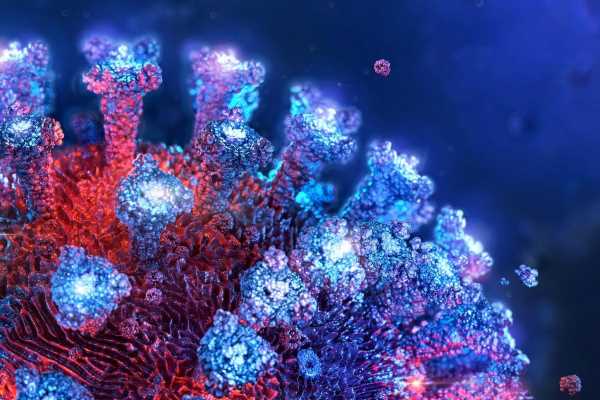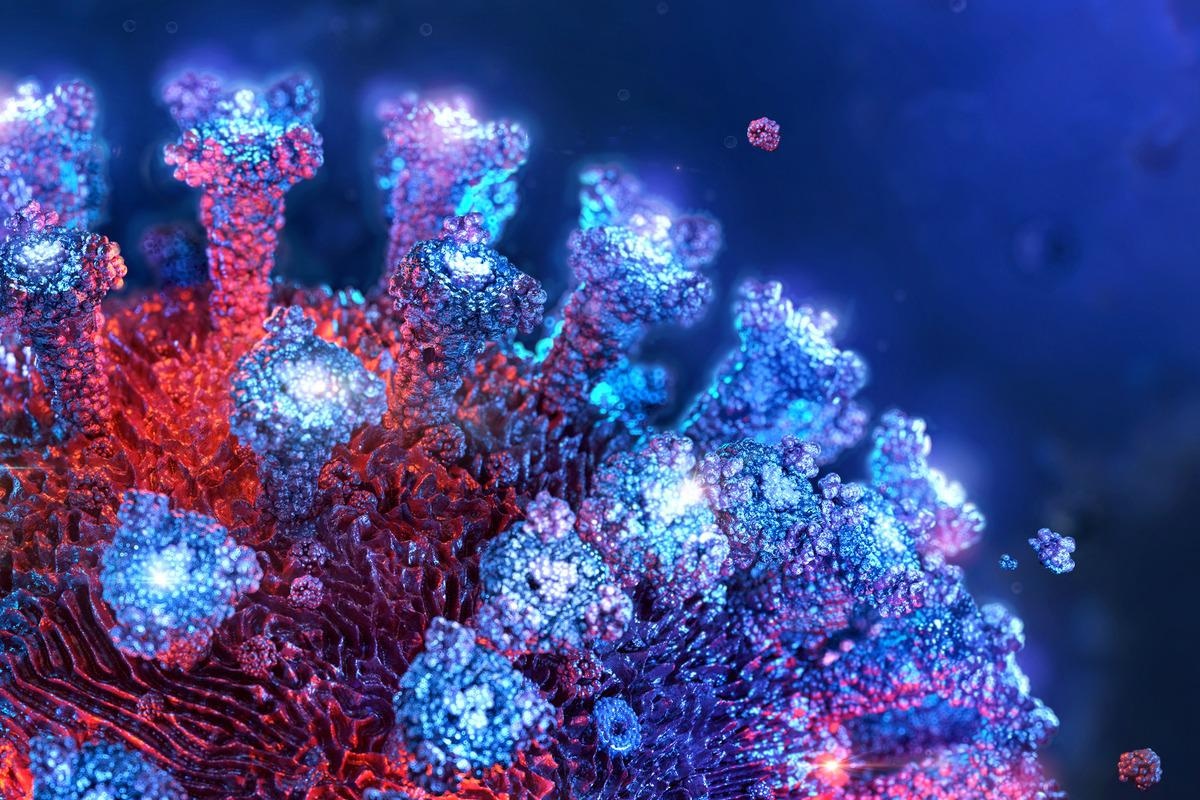
Severe acute respiratory syndrome coronavirus 2 (SARS-CoV-2), the virus that has led to the coronavirus disease 2019 (COVID-19) pandemic, has caused 400 million infections throughout the world, with 78 million infections in the United States (US) alone. Two million of those infections are reported in staff and residents of long-term care facilities (LTCFs). They represent around 16% of total deaths in the US.

Background
LTCFs are considered high-risk environments due to their congregant living setting and the presence of multiple comorbidities. Therefore, LTCFs were kept at the forefront in surveillance testing as well as were the first groups to receive vaccines when they were available. Over 80% of staff and residents were vaccinated as reported till February 2022 in the country.
However, before vaccines and other preventative measures were available, the staff and residents suffered high infection rates, with seroprevalence rates as high as 40%. Therefore, two immunologically distinct groups were available for vaccination, those that were naïve, with no evidence of prior infection (seronegative), and those that were pre-immune due to prior infection (seropositive).
Several studies suggested that the level of binding antibodies was much higher in seropositive individuals than in seronegative ones following the first dose of the vaccine. Similar results were also found post the second dose. However, studies on the polyclonal antibody neutralization of the live SARS-CoV-2 virus did not occur.
A new study published in pre-print server bioRxiv* collected and analyzed sera from the staff at a local long-term care facility (LTCF) from August to December 2020, where an outbreak occurred in September 2020. The study also analyzed the samples collected from the staff following vaccination from February to September 2021 to determine the impact of prior infection on vaccination.
About the study
The study involved staff at a local LTCF from whom blood samples were collected. The blood samples were then allowed to clot, followed by separation of sera. The sera were heat-inactivated at 56°C for 30 minutes and stored at 4°C.
Vero cells were used for SARS-CoV-2 infection. Standard plaque reduction neutralization test (PRNT) was performed where diluted sera were mixed with the virus, incubated, and added to a Vero cell monolayer. This was again followed by incubation. After that, binding assays were performed, followed by surveillance qPCR testing.
Study findings
The results indicated that individuals who were previously infected had higher levels of neutralizing antibodies following administration of the first dose of vaccine than seronegative individuals. The receptor-binding domain (RBD) antibody binding levels reached a maximum level at 70 days post-vaccination for all individuals. The difference in RBD levels for seropositive and seronegative individuals was not as significant as the neutralizing antibodies level.
Individuals with detectable nucleoprotein (NP) binding antibodies were suggested to have a prior SARS-CoV-2 infection since there was no nucleoprotein component in the vaccine. Additionally, the neutralizing and RBD binding antibody levels were significantly increased in seronegative individuals following the second dose of the vaccine. However, the neutralizing, RBD binding, and NP binding antibody levels remained unchanged for pre-vaccination seropositive individuals.
The results also reported a strong relationship between the neutralizing titer and RBD binding antibody in post-vaccination sera samples independent of the immune status. However, the relationship was poorly correlated in the case of nucleoprotein antibodies. Furthermore, only one individual in the cohort was reported to experience a breakthrough infection post-vaccination.
Conclusion
Therefore, the current study demonstrates that a prior infection significantly increases SARS-CoV-2 antibody responses following vaccination. The levels of both neutralizing and RBD binding antibody levels were found to increase following the first dose of the vaccine. However, these levels remained almost unchanged following the second dose. Breakthrough infection was reported only in one individual who had received both vaccine doses. This suggests the importance of booster doses to further protect against severe disease. Variant-specific booster doses are now an important measure for maintaining long-term immunity against SARS-CoV-2.
*Important notice
bioRxiv publishes preliminary scientific reports that are not peer-reviewed and, therefore, should not be regarded as conclusive, guide clinical practice/health-related behavior, or treated as established information.
- Gallichotte, E. et al. (2022) "Impact of prior infection on SARS-CoV-2 antibody responses in vaccinated long-term care facility staff". bioRxiv. doi: 10.1101/2022.04.04.487083. https://www.biorxiv.org/content/10.1101/2022.04.04.487083v1
Posted in: Medical Science News | Medical Research News | Disease/Infection News
Tags: Antibodies, Antibody, Blood, Cell, Coronavirus, Coronavirus Disease COVID-19, covid-19, heat, immunity, Pandemic, Polyclonal Antibody, Receptor, Respiratory, SARS, SARS-CoV-2, Severe Acute Respiratory, Severe Acute Respiratory Syndrome, Syndrome, Vaccine, Virus

Written by
Suchandrima Bhowmik
Suchandrima has a Bachelor of Science (B.Sc.) degree in Microbiology and a Master of Science (M.Sc.) degree in Microbiology from the University of Calcutta, India. The study of health and diseases was always very important to her. In addition to Microbiology, she also gained extensive knowledge in Biochemistry, Immunology, Medical Microbiology, Metabolism, and Biotechnology as part of her master's degree.
Source: Read Full Article